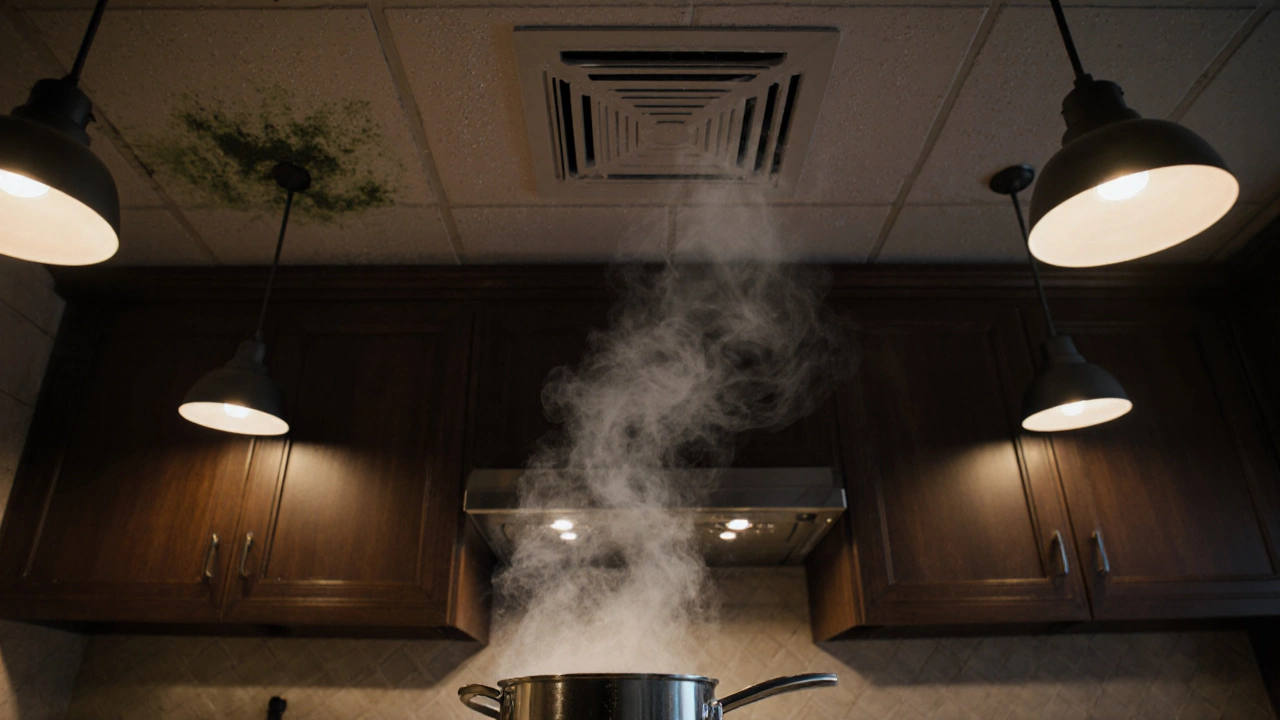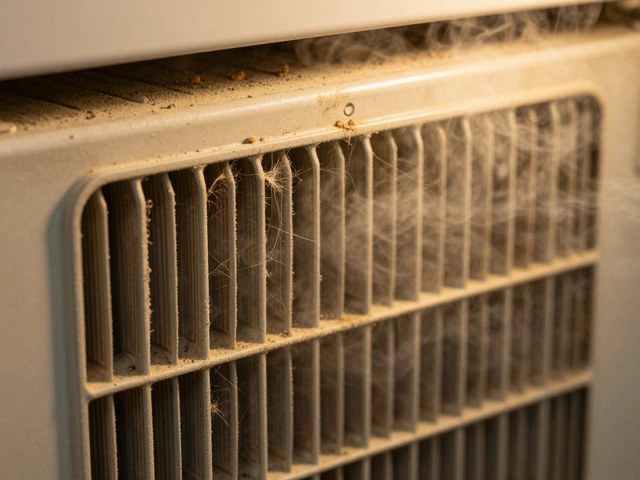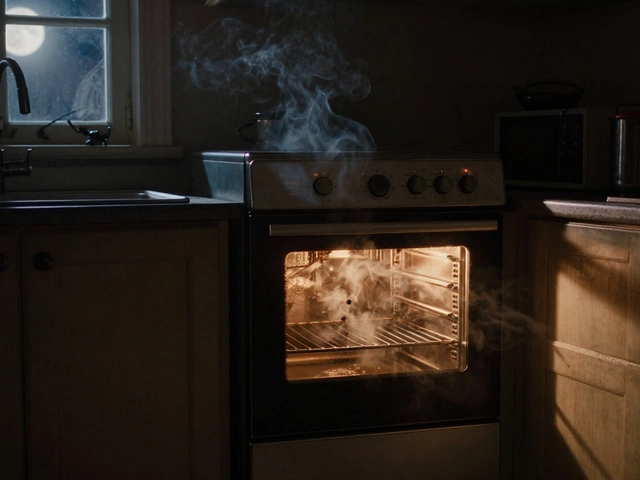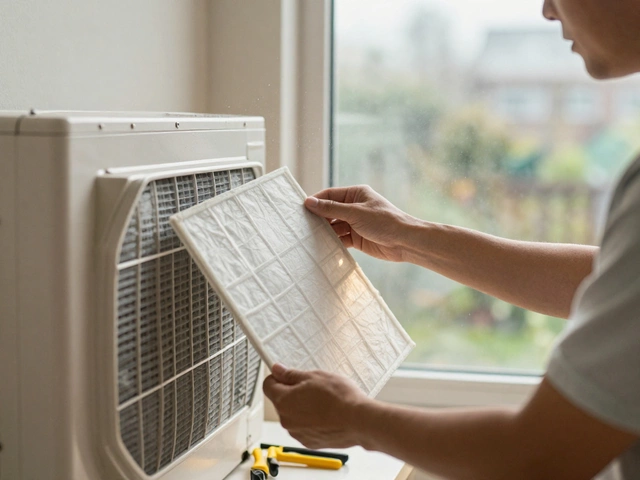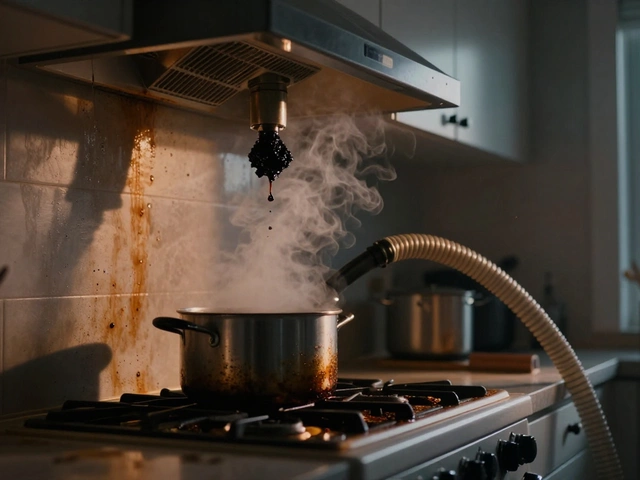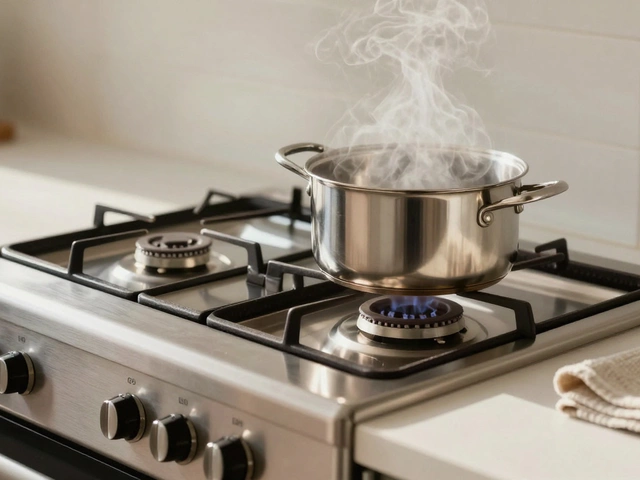Energy Efficiency Made Simple for Your Home
Everyone wants lower energy bills, but most people don’t know where the biggest savings hide. The good news? A few easy habits can make your boiler, fridge, oven, and other appliances work smarter, not harder. Below you’ll find straight‑forward steps that actually cut waste and keep your gadgets running longer.
Boost Your Boiler and Heating System
Boilers are the biggest energy eaters in many houses. First, have a professional service it every year – a clean heat exchanger and a checked gas valve can shave 10‑15 % off your heating bill. Next, bleed radiators to get rid of trapped air; cold spots mean the boiler works harder than it needs to. Finally, lower the thermostat by just 1 °C. You’ll still feel warm, and you’ll save roughly 5 % on fuel.
Make Everyday Appliances More Efficient
Refrigerators run 24 hours a day, so cleaning the condenser coils every six months is a quick win – dust forces the motor to work harder. Keep the fridge at 37–40 °F (3–4 °C) and the freezer at 0 °F (‑18 °C); any colder is wasted energy. For washing machines, use cold water whenever possible and only run full loads. Dishwashers get a boost when you scrape dishes instead of rinsing them, and a quick check of the spray arms prevents clogs that waste power.
Ovens and cooktops also have hidden costs. Pre‑heat only when the recipe calls for it, and use the right size pot on the right burner – a small pot on a big flame wastes heat. If you have a convection oven, use the fan setting; it cooks faster at lower temperatures, saving up to 30 % energy.
Dryers are notorious power hogs. Clean the lint filter after each use and clear the vent duct every few months. Whenever you can, air‑dry clothes; it’s gentler on fabrics and zero‑cost. If you need the dryer, pick the sensor dry setting instead of timed cycles – it stops the machine as soon as the load is dry.
Water heaters also drain energy. Turn down the thermostat to 120 °F (49 °C); you’ll still have hot showers and lower your bill. Insulate the tank and the first few feet of piping, especially if the heater is in an unheated space. A simple reset on a stubborn heater can fix minor trips, but if it keeps resetting, call a pro before the problem climbs.
All these tweaks sound small, but together they add up. Most households can shave 10‑20 % off their annual energy use just by following these practices. And because appliances last longer when they’re not over‑worked, you’ll save on replacement costs too.
Ready to start? Pick one area – maybe your boiler service – and tick it off this week. Then move on to the fridge coils, the dryer vent, and so on. Small steps, real savings, and a greener home.
What Happens When You Skip an Extractor Fan? Risks and Fixes
- Alden Wilder
- Oct 25 2025
- 0 Comments
Skipping an extractor fan leads to mold, odors, higher energy bills, and possible code violations. Learn the risks, health impacts, and practical fixes for a healthier kitchen.
View MoreUnderstanding Appliance Standards: What You Need to Know
- Alden Wilder
- Feb 19 2025
- 0 Comments
Appliance standards play a crucial role in ensuring safety, performance, and energy efficiency of home appliances. These standards are set by regulatory bodies and can vary across different countries, impacting both manufacturers and consumers. Understanding these standards helps consumers make informed decisions and ensures that appliances operate effectively for their intended purpose. Additionally, knowing about appliance standards can lead to better choices in terms of cost efficiency and environmental impact.
View MoreIs Replacing a Boiler a Major Undertaking? A Comprehensive Guide
- Alden Wilder
- Jan 16 2025
- 0 Comments
Replacing a boiler might seem daunting, but having a clear understanding of the process can alleviate stress and ensure a smooth transition. In this article, we explore the key aspects of boiler replacement, including the signs it's time for an upgrade, the anticipated costs involved, and tips for selecting the right unit for your home. We also share some useful tips to make the process as seamless as possible. By the end of this read, you'll feel more prepared and informed about the necessary steps in upgrading your home heating system.
View More